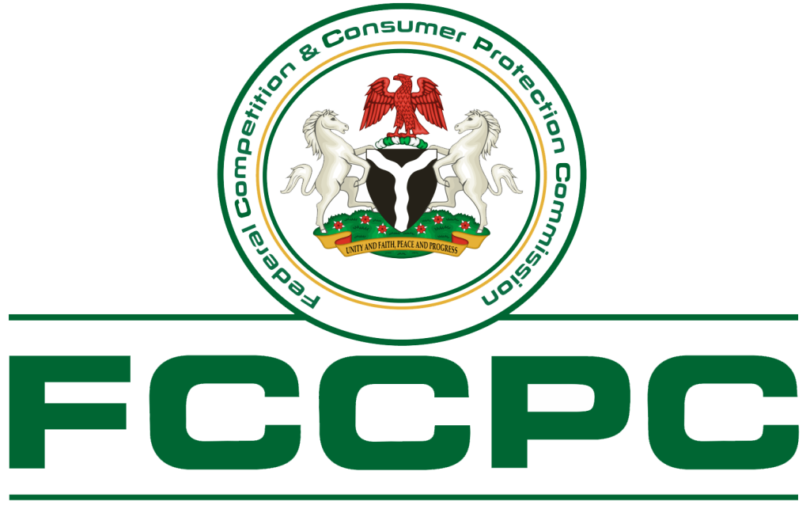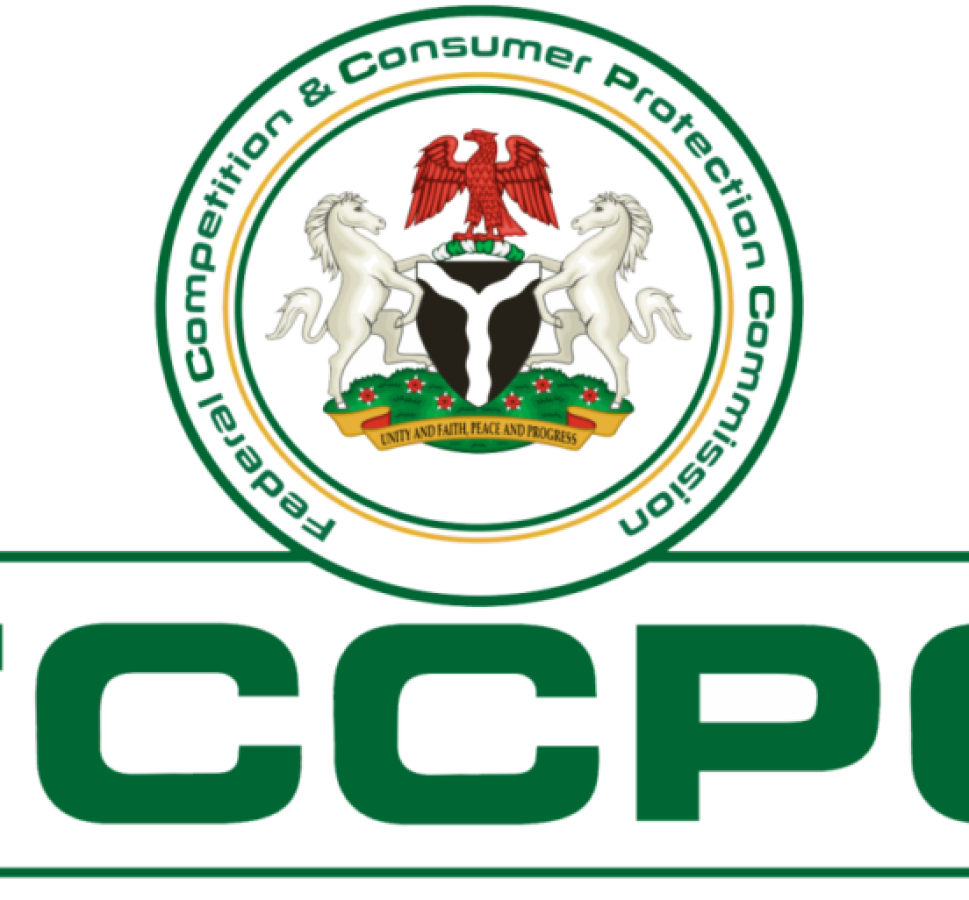
The Commission in a statement issued on Wednesday by its Director, Corporate Affairs, Ondaje Ijagwu, said that the substandard and unregistered sugar products including Grupo Moreno, Terous, USI S. Joao, Alvean and Arapora Bionergia, are particularly smuggled brands from Brazil.
The Federal Competition and Consumer Protection Commission (FCCPC) has said that it has uncovered the availability of substandard and unregistered sugar products in Nigerian markets.
The Commission in a statement issued on Wednesday by its Director, Corporate Affairs, Ondaje Ijagwu, said that the substandard and unregistered sugar products including Grupo Moreno, Terous, USI S. Joao, Alvean and Arapora Bionergia, are particularly smuggled brands from Brazil.
Ijagwu said, “The products, which failed to meet mandatory Vitamin A fortification requirements, pose serious health risks to consumers, undermine the integrity of the local sugar industry, and contribute to price manipulation that harms the market.”
Ijagwu noted that acting on a tip-off, FCCPC operatives conducted discreet investigations across the country, particularly in the South-West and the North-East.
“The investigations revealed that many of the identified sugar products lacked normal labeling, including production and expiry dates, batch numbers, and the mandatory National Agency for Food and Drug Administration and Control (NAFDAC) registration.
“Even more concerning, most of the products were not fortified with Vitamin A, a critical nutrient essential for good vision, immune health, and overall well-being.
“The absence of this fortification exposes Nigerian consumers to serious health risks, including blindness and increased susceptibility to infections, particularly among vulnerable groups such as children and pregnant women,” Ijagwu added.
The FCCPC spokesperson further stated that the Commission is also deeply concerned about the economic impact of these products.
“The influx of smuggled sugar undermines fair competition, placing undue pressure on compliant local producers who adhere to regulatory standards.
“Importers of these substandard products engage in price manipulation to the detriment of genuine producers and consumers, while pretending that the products are genuine. This jeopardises the sustainability of the Nigerian sugar industry and also erodes consumer trust in the market.
“Smuggling, facilitated through porous borders, particularly from neighboring countries such as Cameroon and Benin Republic, further complicates enforcement efforts and hampers traceability,” Ijagwu stated.
According to Ijagwu, “FCCPC wishes to reassure the general public that, consistent with the provisions of the Federal Competition and Consumer Protection Act (FCCPA) 2018, it is taking decisive steps to address this issue.
“The Commission is committed to educating consumers about the dangers of non-fortified and substandard sugar products through nationwide awareness campaigns.”
The agency advised Nigerian consumers to verify the authenticity of sugar products by ascertaining they carry proper labeling, including NAFDAC registration and evidence of Vitamin A fortification.
“The FCCPC is intensifying enforcement and surveillance in collaboration with NAFDAC, the Nigeria Customs Service, and other relevant agencies. These efforts include enhanced surveillance and follow-up market inspections to disrupt the supply chain of smuggled sugar products.
“The FCCPC is also engaging with industry stakeholders to promote compliance with quality standards, protect local producers, and foster fair competition within the sugar market.
“Consumers are advised to remain vigilant and report any suspected substandard or unregistered sugar products to the FCCPC,” Ijagwu added.
Release: FCCPC Alerts of Low-Quality Sugar in Nigerian Markets
Pursuant to Sections 17(j), (l) (s), 116 (2), 124, 125, 138 and 155 of the Federal Competition and Consumer Protection Act (FCCPA) 2018
Wednesday, November 20, 2024: The Federal Competition and Consumer Protection… pic.twitter.com/P3zHGNXJxG
— FCCPC Nigeria (@fccpcnigeria) November 20, 2024






